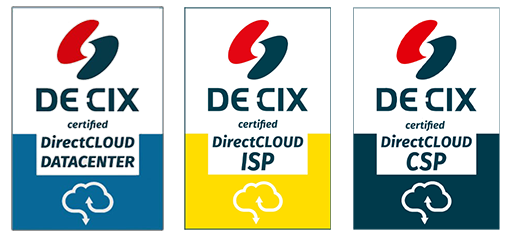VPN
VPN (Virtual Private Network) is a technology that creates a secure connection between a user and a network over the Internet. With a VPN, traffic is encrypted and transmitted through a virtual tunnel, ensuring security and privacy when working online.
VPNs are used both for personal purposes (data protection, content access) and in corporate infrastructures (remote employee access, office interconnection, protection of corporate resources).
How It Works
- The user connects to a VPN server via a dedicated application or a built-in client.
- An encrypted tunnel is created, and all data packets are secured.
- External websites or services see the VPN server’s IP address instead of the user’s real one.
- The VPN server processes the traffic and forwards it to the final destination, then routes the response back through the tunnel.
Main VPN Protocols
- OpenVPN – open-source, secure, and supported on most platforms.
- IPSec/IKEv2 – commonly used in corporate networks.
- L2TP/IPSec – an older protocol still used for compatibility.
- WireGuard – a modern lightweight protocol offering high speed and strong security.
Applications
- Data protection – encrypts connections in public Wi-Fi networks.
- Privacy – hides the user’s real IP address.
- Remote access – allows employees to connect to corporate resources from anywhere.
- Bypassing restrictions – provides access to regionally blocked websites and services.
- Office interconnection – enables creation of a unified and secure corporate network.
Example
An employee connects to the corporate VPN from a home computer. All their activities within the corporate system pass through an encrypted tunnel, ensuring data security and allowing safe use of internal applications as if they were in the office.
Frequently Asked Questions (FAQ)
A proxy only redirects traffic and may change the IP address, but does not always encrypt data. A VPN creates a secure tunnel and provides a higher level of protection.
Yes, since data travels through an additional server and is encrypted. However, with modern protocols like WireGuard, the speed reduction is minimal.
Free VPNs often limit speed and may log user activity. For better security and privacy, trusted paid VPN providers are recommended.
Yes, VPN clients are available for Android and iOS, providing protection for mobile Internet and public Wi-Fi usage.
They enable employees to securely access internal resources, connect branches into a unified network, and protect corporate data from external threats.






